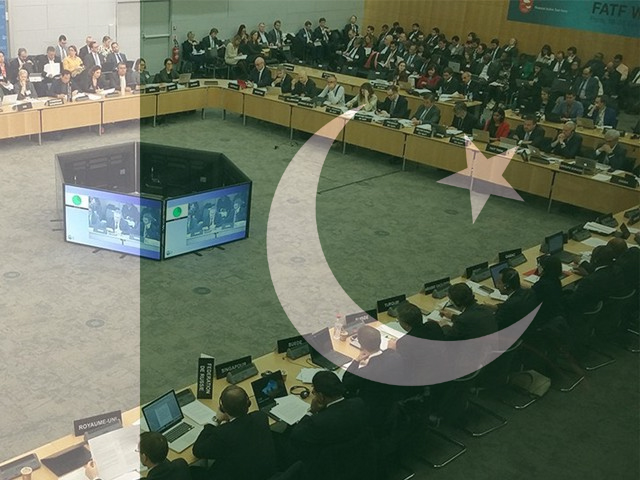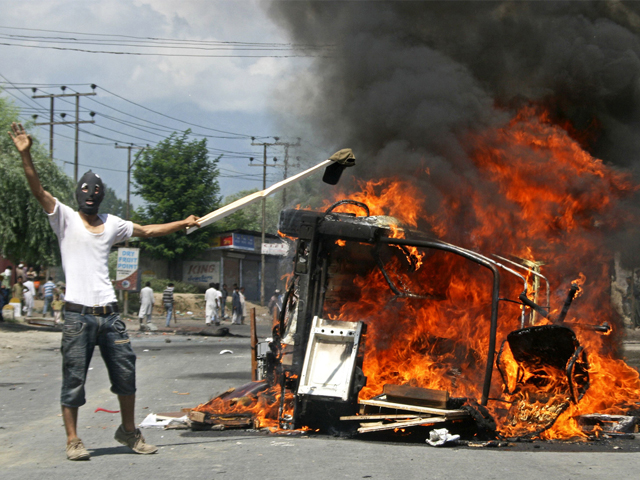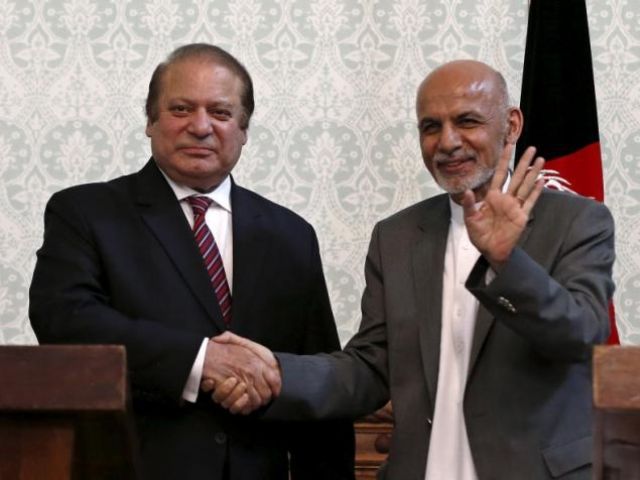
Is Imran Khan peaking too soon?
Pakistani youth have finally found a leader to whom they can relate, but Imran Khan will not be prime minister.
If there is one word that best describes Imran Khan, it is 'gravitas'.
Several years ago, I sat in on a meeting he had with the Woodrow Wilson Center's president. As the Kaptaan thundered on about American drone strikes, one of the meeting's female participants - who had earlier disclosed to me that she had long harbored a crush on Khan - suddenly spoke up.
"I can't believe I'm in the same room as Imran Khan!" she gushed.
Khan’s towering frame stiffened. He paused, briefly regarded his admirer with a look of mild irritation, and then promptly returned to his anti-drone jeremiad without cracking a smile.
This intensity and seriousness of purpose have helped endear him to Pakistanis fed up with a government widely perceived as feeble and feckless. So has his ability to tap into the national zeitgeist and seize on grievances about corruption, injustice, and America - all while embodying the clean, honest, and non-dynastic qualities that have long eluded most Pakistani politicians.
Yet, who are these smitten ones? They are largely drawn from Pakistan’s social-media-exploiting, English-speaking, urban upper and middle classes. It is a demographic that, at least for now, remains a minority in Pakistan. For all the talk about rising urbanization, the nation’s population is still mostly rural, located in the bastions of political parties not named PTI.
Because of the lack of a census since 1998, it is impossible to provide exactitudes about Pakistan’s urban population. Yet by most indications, it is far from overwhelming. According to the most recent United Nations Population Division estimates, 36 percent of Pakistan’s population is urban - and less than 50 percent will be so in 2025. (The numbers rise somewhat when including the peri-urban areas adjoining Pakistan’s major cities.)
Significantly, poverty is widespread in rural areas, particularly among the landless (70 percent of Pakistan’s rural poor are landless). According to the Pakistan Agricultural Research Council, poverty levels exceed 60 percent in Balochistan’s horticultural zones, and reach nearly 70 percent in the desert areas of Punjab. In some swaths of Sindh, farmers spend nearly 90 percent of their incomes on food.
These impoverished Pakistanis are presumably more partial to promises of roti (bread) than revolution. For them, talk about drone strikes and sovereignty violations amount to mere abstractions, and have little bearing on their daily struggle for survival. Hence their inclination to vote for the PPP or PML - or to vote for no party at all.
Then there is Khan’s impressive, yet deceptive, social-media-driven popularity. Internet connectivity rates are low in Pakistan, yet the small minority who use social media and support Khan are vocal and enterprising - and may exaggerate the extent of Khan’s support base. When every op-ed penned about Khan in the English-language press generates scores of online comments from his partisans, who in turn disseminate these articles via Twitter and Facebook, spawning another flurry of comments, eyebrows are raised- until we remember that relatively few Pakistanis use social media or read English-language newspapers.
This is not to say that Imran Khan’s popularity and significance are overstated. On the contrary; minor political figures do not mobilize 100,000 people in the strongholds of formidable rivals. Nor do they win over prominent figures from other political parties. Come the next elections, the PTI will certainly snare more than a few seats. One cannot rule out a possible partnership with the PML-N. And Pakistani youth have finally found a leader to whom they can relate. Ultimately, for young Pakistanis, the Khan phenomenon proves that there is hope in politics after all.
Still, Khan’s constituency represents a small subset of the population. The story could be different several decades down the road, when, if current projections hold true, a majority of Pakistanis live in cities, with outward migration from the hinterland having toppled the rural landholding structures that have sustained feudalism and served as the power centres of vested interests and dynastic politicians.
If Khan can maintain his appeal until then, he may one day become prime minister. But for now, the Kaptaan’s supporters will have to hope he hasn’t peaked too soon.




COMMENTS (50)
Comments are moderated and generally will be posted if they are on-topic and not abusive.
For more information, please see our Comments FAQ